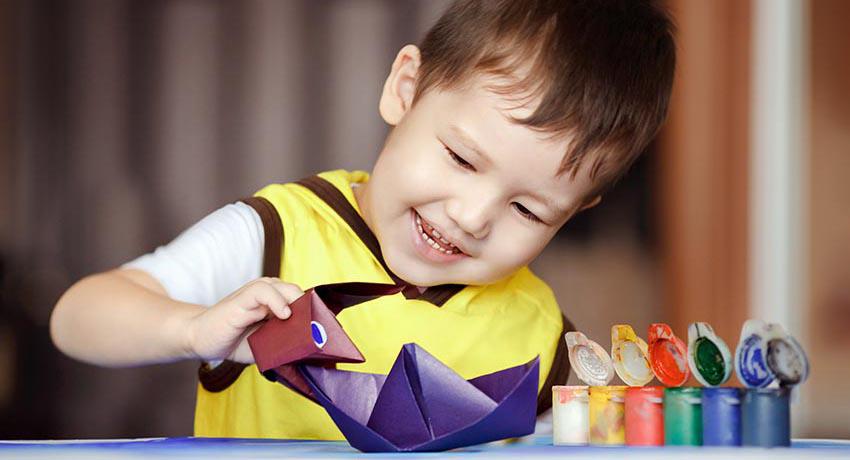How to build confidence in a child? Boost Child’s Confidence

A psychologist shares the 7 biggest parenting mistakes that destroy kids’ confidence and self-esteem, What causes lack of confidence in a child, How to build confidence in a sensitive child, low self-esteem caused by parents, signs of low self-esteem in 7 year old, Emotionally weak child, Things you shouldn t say to your child, How to tell your child they are not good at something
How to build confidence in a child -Boost Child’s Confidence
Things That Destroy a Child’s Confidence
Confidence is crucial for a child’s development, influencing their academic success, social interactions, and overall well-being. However, several factors can significantly impact and diminish a child’s confidence. As parents and caregivers, understanding these factors can help us create a supportive environment where children can thrive. Here are some common things that can destroy a child’s confidence:
Harsh Criticism: Constant criticism without constructive feedback can make children feel inadequate and discourage them from trying new things.
Comparisons: Comparing a child unfavorably to siblings, peers, or unrealistic standards can lead to feelings of insecurity and self-doubt.
20 habits of happy couples & healthy relationships MUST KNOW
Overprotection: Overprotecting children and not allowing them to take age-appropriate risks can hinder their ability to develop resilience and self-confidence.
Lack of Praise: Failing to acknowledge and praise children’s efforts and achievements can make them feel unappreciated and unsure of their abilities.
Negative Labeling: Using negative labels or stereotypes to describe a child can limit their self-perception and potential.
Inconsistent Discipline: Inconsistent or overly harsh discipline can confuse children and erode their sense of self-worth.

How to build confidence in a child -Boost Child’s Confidence
Ignoring Feelings: Dismissing or invalidating a child’s emotions can make them feel unheard and diminish their confidence in expressing themselves.
High Expectations: Setting unrealistic expectations without providing adequate support or guidance can lead to feelings of failure and inadequacy.
Bullying or Teasing: Being bullied or teased by peers can severely impact a child’s self-esteem and confidence.
Lack of Encouragement: Not encouraging children to pursue their interests or passions can stifle their creativity and motivation.
Micromanagement: Constantly hovering over children and not allowing them to make decisions or learn from their mistakes can undermine their confidence in their abilities.
Negative Self-Talk: Children who hear negative self-talk from adults or witness negative interactions among family members may internalize these behaviors, affecting their own self-confidence.
Inconsistent Support: Inconsistency in providing emotional or academic support can leave children feeling unsure and insecure.
Excessive Pressure: Putting excessive pressure on children to excel academically or in extracurricular activities can lead to anxiety and a fear of failure.
Unrealistic Goals: Setting goals that are too difficult or unattainable without considering a child’s individual strengths and abilities can discourage them from trying.
By recognizing and addressing these factors, parents, educators, and caregivers can help nurture a child’s confidence and create a positive environment where they feel valued, supported, and capable of achieving their full potential.
How to build confidence in a sensitive child, Signs of a confident child, How to build a child’s confidence in sports, How to build confidence in a child at school, how to make my 7 year-old more confident, my 18-year-old son has no confidence, How to build confidence in toddlers, my 14-year-old daughter has no confidence

